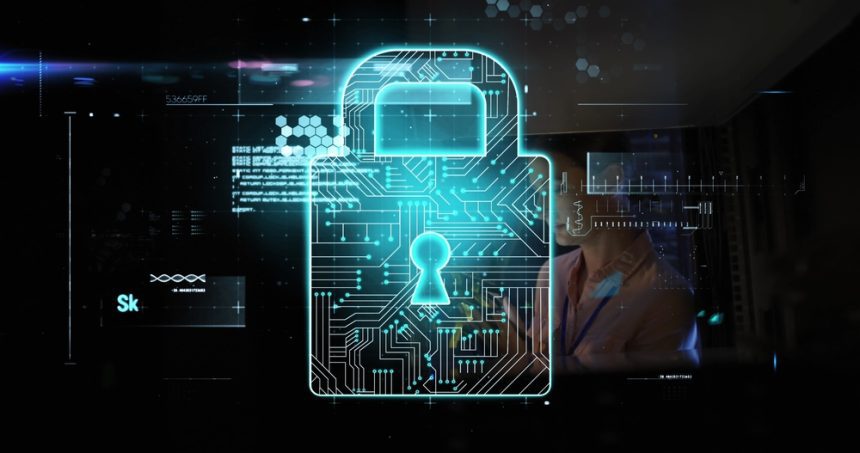Crypto’s a beautiful mess. One day, you’re chuckling at frog memes; the next, you’re holding your coffee cup so tightly while staring at the charts in which a significant amount of red is bleeding. Coins come and go like moods. But between the chaos and caffeine, a certain question keeps reverberating: do privacy coins even matter anymore? Maybe it’s nostalgia. Maybe it’s rebellion. Either way it takes us to the nether region of that narrow digital alley where freedom keeps doggedly squaring off with control.
Privacy coins are the unsung geniuses of crypto. Bitcoin leaves a clearly identifiable trail; Monero and Zcash melt into math and mystery. They rely on ring signatures, stealth addresses and zero-knowledge proofs wizard level things that erase all tracks. Bitcoin’s tinted glass, Monero’s blackout curtains. Same use, just without the light leaking.
In the early days, crypto felt revolutionary. It wasn’t about Lambos it was a claim to live without permission. Enter the privacy coins, which whispered: “What if you could be invisible?” The issue was not crime but choice. About staking your claim in a world that insists on watching.
But then, of course, the crackdown. Governments hate the dark. Exchanges delisted Monero and Zcash like no one was watching. Japan banned them. South Korea too. The headlines were deafening but the projects did not die. They simply turned down the volume. Even in countries where it was still legal, like the United States and Australia, it was just more difficult to find. Purchasing Monero is like slipping through an unmarked door into a speakeasy: quiet, hidden but very much alive.
Control’s the real currency. Governments like visibility taxes, crime, “security,” you some variation on the theme. Privacy coins flip out the light, and suddenly they panic. Most of these users aren’t concealing crimes; they’re concealing peace. You wouldn’t broadcast your bank account, would you? Exactly.
Despite bans, whispers and clickbait panic, the believers never stopped coming. They are reporters, activists, teachers, random people who would just rather keep their money life private. Millions in Monero and Zcash continue to change hands daily silently, deliberately. Developers keep shipping too: Monero is refining RingCT, Zcash delivered Halo 2, Secret Network the ultimatum of privacy and smart contracts. They’re code for freedom, not fame.
Meanwhile, a new monster is born Central Bank Digital Currencies. Programmable money that can rot or freeze at a person’s touch. It sounds like dystopia, but trials are already under way. Perhaps that’s why we still care about privacy coins. That’s when Tornado Cash demonstrated the fight isn’t about tokens; it’s about privacy at large. The devs didn’t quit. They dug deeper.
Private DeFi’s next. Think of trading, borrowing, staking without strangers looking in. Monero DEXs, private DAOs, Zcash bridges it’s already happening. Less noise. More purpose. And honestly? More heart.
Can privacy and rules ever reconcile? Maybe. Developers are experimenting with “opt-in” transparency so people can show legitimacy without revealing anything. Others are developing systems that involve some mix of freedom and safety






















